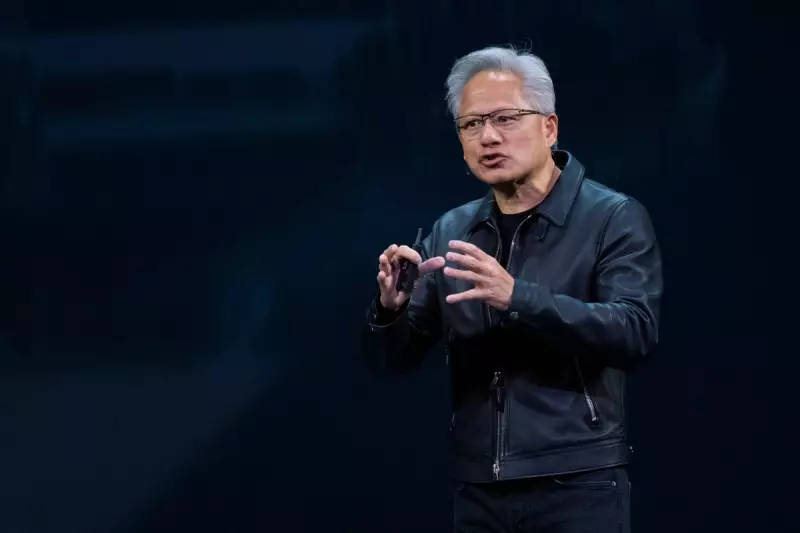
In a significant move that underscores the geopolitical importance of semiconductor technology, Nvidia CEO Jensen Huang has held crucial meetings with South Korean President Yoon Suk Yeol and leaders of the country's tech titans during his visit to Seoul.
High-Stakes Diplomacy in the AI Era
The charismatic tech billionaire, whose company has become synonymous with the artificial intelligence revolution, engaged in what industry observers are calling "chip diplomacy" at the highest level. The meetings come at a critical juncture for global technology supply chains and AI development.
President Yoon's office confirmed the discussions, highlighting their focus on strengthening cooperation in semiconductor and AI technologies. This diplomatic engagement signals South Korea's determination to maintain its position as a global technology powerhouse amid intensifying competition.
Meeting the Titans of Korean Tech
Huang's itinerary included strategic discussions with the heads of Samsung Electronics and SK Hynix - two companies that play indispensable roles in Nvidia's supply chain. These Korean giants manufacture the high-bandwidth memory chips that are essential components in Nvidia's industry-leading AI processors.
The timing of these meetings is particularly noteworthy, occurring just days after former US President Donald Trump made controversial comments suggesting South Korea should increase its financial contributions for its own defence. This political context adds another layer of significance to the technology-focused discussions.
The Global Chip War Intensifies
Nvidia's dominant position in the AI chip market, combined with South Korea's crucial role in memory chip manufacturing, creates a powerful alliance in the ongoing global technology competition. The meetings likely addressed how to navigate complex export controls and maintain technological leadership despite increasing geopolitical tensions.
Industry analysts suggest these discussions represent a strategic alignment between Silicon Valley innovation and Korean manufacturing prowess, forming a critical bulwark against competing technological ecosystems, particularly from China.
What This Means for the Future of AI
- Supply Chain Security: Strengthening the partnership between Nvidia and Korean chipmakers ensures more stable AI chip production
- Technological Innovation: Collaborative efforts could accelerate next-generation AI processor development
- Geopolitical Implications: The alliance reinforces US-Korea technology cooperation amid global competition
- Market Dynamics: Continued Nvidia dominance in AI hardware supported by Korean manufacturing excellence
As artificial intelligence continues to transform global industries and economies, partnerships like the one being forged between Nvidia and South Korea's tech leaders will increasingly shape the technological landscape of the coming decades.





